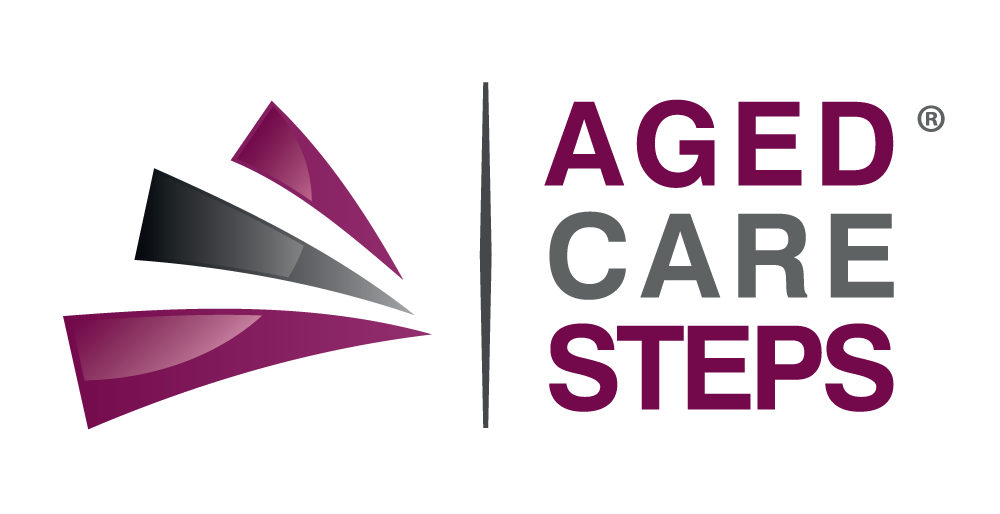Aged Care is the Hot Topic for Superannuation Funds
Industry super funds are facing many challenges including meeting emerging regulatory requirements and the needs and demands of their members. Amongst these changes, navigating, planning and funding aged care and frailty in retirement have emerged as a ‘hot topic’ for superannuation funds.
The recent TAL¹ survey highlighted that retirees main concerns focused on their frailty in retirement. When asked ‘what keeps members awake at night’, the top responses were (in order of importance): declining physical health, reduced mobility, needing long-term healthcare and cognitive decline’ which ranked above the concern of ‘super running out/not having enough money’. Numerous other surveys have reflected this strong demand by members for aged care support services.
Around 95 percent of Australian adults younger than 55 years are ‘concerned or extremely concerned about the cost of aged care,’ according to a 2024 Aware Super fund survey.
Superannuation funds have the opportunity and obligation to educate members about frailty planning to take the stress out of aged care decisions for themselves and their family. This includes support to understand and evaluate aged care options and create a clear plan for aged care. The good news is that superannuation funds can choose to offer these services inhouse or outsource to an aged care specialist, based on their preferred business strategy.
The growing importance of aged care
The regulations recognise the growing importance of aged care and the role super funds play in helping members navigate their frailty journey. The Retirement Income Covenant² (RIC) requires superannuation trustees to support the retirement decisions of members. The Covenant explicitly requires consideration of aged care needs in retirement advice including considering the “life stage of beneficiaries and their likely consumption needs”. It specifies that Trustees must consider the issues associated with the member’s potential cognitive decline over time, including access to savings to fund health and aged care costs, while allowing for the government-subsidised services.
The requirement to consider imminent and future aged care needs of clients is also unambiguously specified in the Financial Planners and Advisers Code of Ethics 2019 (“Code of Ethics”). Best Interest Duty (Standard 2), standard 6 and standard 5 of the Code of Ethics requires that advisers take into account “the client’s broader, long-term interests and likely future circumstances”. The explanatory statement clarifying Standard 6 uses the following example:
“For example, any potential need for the client or one of the client’s family members to move into aged care accommodation in the near future would need to be factored into any financial advice you give the client.”
Sole purpose test
In addition to demand from members for aged care support and the regulatory requirements to offer such support, the obligations for superannuation fund trustees are supported by the ‘sole purpose test’. The fundamental role of Industry super funds is to provide members with income in their retirement.
According to the Institute of Health and Welfare, retirement can be viewed as three health phases (as illustrated in the graph).
The ‘sole purpose test’ should consider a member’s need to access income and capital from their superannuation to fund all stages of retirement - including the ‘frailty stage’ which may (on average) comprise 20-25% of retirement years.
Create awareness and start conversations
Despite this potential, many superannuation members do not make the most of their superannuation savings and die with the bulk of the wealth they had at retirement intact. The reason for this trend is partly the misunderstanding that they will need a lump sum to fund aged care needs. Creating awareness for members about their aged care choices, which span across care at home, alternate living arrangements and other choices, may ease such concerns and encourage members to better use their superannuation savings to live their best life, no matter their level of physical or mental capability.
Industry super funds should proactively start conversations and provide educational support and guidance for members in relation to aged care and frailty planning and the implications for their super. Supporting the transitions between life phases in retirement can add significant value to members. Support for members can include:
Help with understanding the aged care system and range of care options
Steps to find and access the right type of care
An understanding of the financial and cash flow impact of various funding options
Consideration of living arrangement options and impacts
Review of estate planning structures
Strategies to address changes to the client’s emotional and health needs
Family impacts
The need for support extends to members caring for elderly family members, who find their superannuation savings are affected if they support their parents financially or cut back on work hours to care for their parents. Superannuation funds can assist such members with the decisions and actions needed to secure the appropriate level of care for their older family members.
The inclusion of aged care support services enables superannuation funds to differentiate their member services to attract new members and retain existing members.
Without a doubt, superannuation funds need to have an aged care strategy in place for members and can choose how they support the aged care needs of their members. Aged Care Steps has developed a range of support options for superannuation funds spanning options for education and advice resources to equip internal advisers with the ability to provide aged care advice to members, and options to refer members to specialist aged care advisers employed by Aged Care Steps who can provide the advice under the Aged Care Steps AFSL.
Importantly, members will appreciate their superannuation fund for providing peace of mind during an emotionally difficult time and supporting them in making the best choices for their care, security and happiness.
¹ TAL ‘What I wish I knew about retirement’ Insights into the financial needs of Australian retirees.
² Retirement income covenant is in s52AA of the SIS Act.
Authored by Assyat David, Director Aged Care Steps.

